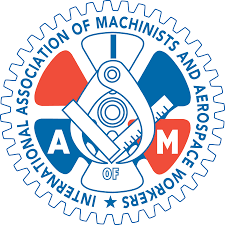When concrete workers went on strike in Seattle, they returned their trucks to the company yard and left them running to prevent the concrete from becoming unusable and to avoid damaging the vehicles. Because of these precautions, the trucks were fine. But since the workers weren’t making deliveries, some of the concrete became unusable. As a result, Glacier Northwest, Inc., the company, sued the International Brotherhood of Teamsters Local Union 174 for the economic loss of the concrete. When they lost their initial case in the Washington Supreme Court, Glacier took the case to the top, and the Supreme Court heard arguments in January. By the end of June, the Supreme Court will decide whether employers can sue unions for economic harm, including that caused by loss of perishable products, that result from workers going on strike.
Strikes, or the threat of strikes, are one of the most powerful tools workers have for securing better pay, benefits, and working conditions. This case could potentially open the doors to lawsuits against unions anytime they strike, severely weakening this crucial and federally-protected right. The case has drawn attention as a broad attack on the labor movement just when workers nationwide are voicing their desire for unions, organizing, and striking at levels not seen for decades.
But this case is also important for American democracy. A ruling in the employer’s favor would undermine democracy by harming the ability of working people throughout the economy to exercise collective power to counter the influence of wealthy corporations, with dire implications for the health of our economy and government.
from Terry Gerstein & Jenny Hunter, Slate Magazine
